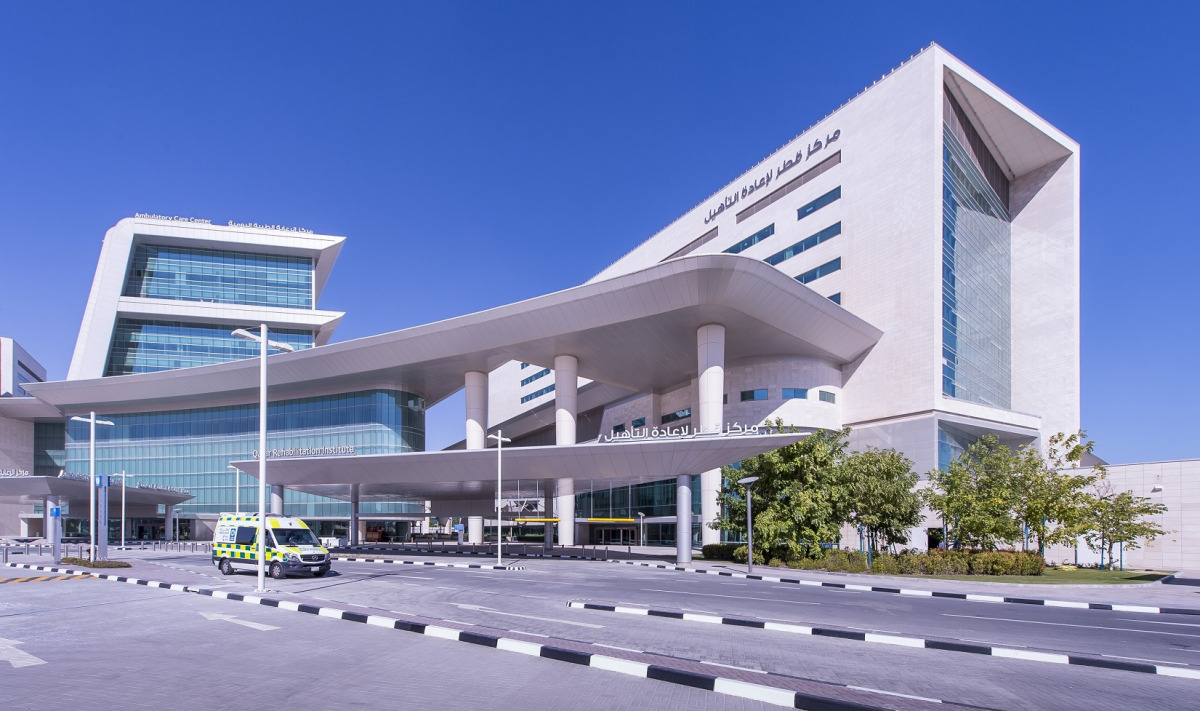The partnership between Hamad Medical Corporation (HMC), the World Health Organization (WHO), and the Ministry of Public Health (MoPH) in Qatar has resulted in a groundbreaking agreement to implement the Rehabilitation Data System (RDS) as part of the Rehabilitation Module of Routine Health Information Systems (RHIS). This initiative marks Qatar as one of the first countries in the world to adopt this transformative approach to rehabilitation healthcare. Dr Hanadi Al Hamad, the Deputy Chief of Rehabilitation at HMC, expressed her enthusiasm for the project, highlighting its alignment with Qatar’s National Health Strategy to provide high-quality, patient-centred care. By standardizing rehabilitation services through advanced health information systems, the aim is to meet international standards and address the unique needs of the population.
The implementation of the RDS in Qatar is not only a technological advancement but also a commitment to providing the best possible rehabilitation care to the people of Qatar and the region. Dr Wouter De Groote, a technical advisor at WHO, emphasized that the RHIS is about proactively planning for rehabilitation care, ensuring it is predictive and patient-centred. By integrating this system, Qatar is taking significant steps towards enhancing the quality, accessibility, and efficiency of rehabilitation services, tailored to individual needs. Dr Rayana Bou Haka, WHO Country Officer of Qatar, highlighted the significance of this initiative as setting an example for the region and providing a model for other countries to follow in adopting standardized health information systems to improve healthcare capabilities.
The RDS will enable the collection of comprehensive data from healthcare facilities, empowering healthcare professionals to make informed decisions based on real-time, accurate information. This data-driven approach is expected to enhance the monitoring and evaluation of rehabilitation services, leading to more effective resource allocation and better health outcomes for patients. The collaboration between HMC, MoPH, and WHO demonstrates a shared dedication to innovation and continuous improvement in healthcare. The successful implementation of the RHIS in Qatar serves as an example for other nations in the region, illustrating the impact of integrating standardized health information systems on patient care and public health.
The partnership between HMC, WHO, and MoPH in Qatar has ushered in a transformative era for rehabilitation healthcare through the implementation of the Rehabilitation Data System (RDS) as part of the Rehabilitation Module of Routine Health Information Systems (RHIS). Qatar’s adoption of this pioneering approach signifies a commitment to providing high-quality, patient-centred care in alignment with the National Health Strategy. The collaboration aims to standardize rehabilitation services, ensuring they meet international standards and cater to the unique needs of the population. By leveraging advanced health information systems, Qatar is taking bold steps towards enhancing the quality, accessibility, and efficiency of rehabilitation services.
The integration of the RHIS in Qatar is not just a technological advancement but a commitment to the people of Qatar and the region to provide the best possible rehabilitation care based on the latest evidence and data. Dr Wouter De Groote, a technical advisor at WHO, emphasizes the proactive and patient-centred nature of the RHIS, revolutionizing the way rehabilitation data is collected, analyzed, and utilized. By adopting this system, Qatar is revolutionizing the planning for rehabilitation care, ensuring it is predictive, proactive, and patient-centred. Dr Rayana Bou Haka, WHO Country Officer of Qatar, underscores the significance of this initiative, setting a precedent for the region and providing a model for other countries to enhance the quality and efficiency of rehabilitation services globally.
The implementation of the Rehabilitation Data System (RDS) as part of the Rehabilitation Module of Routine Health Information Systems (RHIS) in Qatar will enable healthcare professionals to collect comprehensive data from facilities and make informed decisions based on real-time, accurate information. This data-driven approach is expected to improve the monitoring and evaluation of rehabilitation services, leading to more effective resource allocation and better health outcomes for patients. The collaboration between HMC, MoPH, and WHO reflects a commitment to innovation and continuous improvement in healthcare, with the successful implementation of the RHIS in Qatar serving as a beacon for other nations in the region to integrate standardized health information systems for enhanced patient care and public health.











